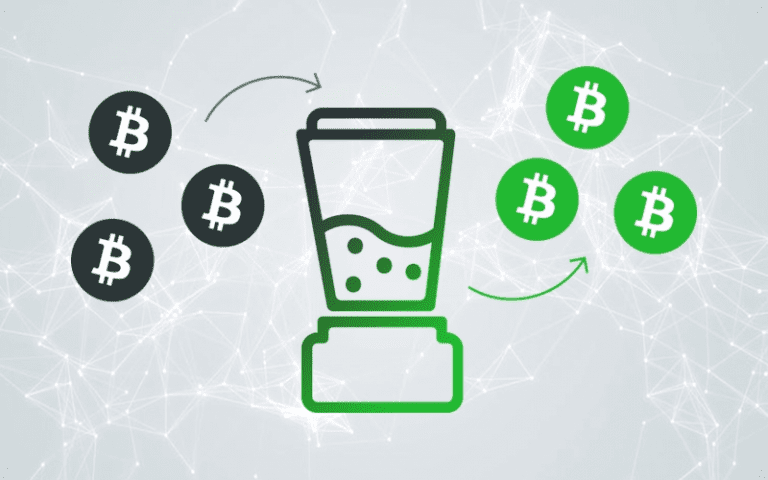Decentralized VPNs are considered the evolution of the usual virtual private networks
Its benefits over VPNs are obvious, but what if we compare them with Tor Browser?
Decentralization promises to change the way we think about many of the technologies we use every day. Right now, practically all the applications with which we usually interact have at least one variant with these characteristics. In such a context, A rational question arises for those who want to protect their data: decentralized VPNs vs. Tor. What differences exist between these solutions and should you keep in mind?
Of course, the first thing is to clarify that there are obviously similarities between the two, since both dVPNs and Tor depend on nodes that serve to redirect traffic around the world, disguising the most sensitive information.
From there their paths begin to separate, since dVPNs encourage users to allow their own devices to be used as nodes, being only the tip of the iceberg of future differences.
It is that decentralized VPNs are a highly disruptive innovation, which although it is based on classic VPNs, also takes some of the qualities that have made Tor an indispensable program for the great public.
But how does Tor work?
In many ways, dVPNs have more in common with Tor than regular VPNs, despite the name. All these systems share the fact that they serve as ways to anonymize your browsing on the Internet. By running any of the programs in question, you will prevent others from knowing your activity.
In the specific case of Tor, what it does is redirect traffic through the so-called nodeswhich act as if they were servers, although they are devices operated by individuals, such as smartphones.
When we connect to a node, we assume the node’s IP address, and we appear to be where it is. Assuming that you want to access a portal from another country, it is a good option that you should not discard.
The disadvantage, which for a long time received little attention, is that the person who owns that device can see what we are doing. Usually it doesn’t mean anything, but it could be someone who lives in countries like Russia or China.where navigation is censored, and that someone would see what we do.
Node on node, possible problems
This lack of encryption could be a serious handicap, but Tor handles it in a very interesting way. Take advantage of several nodes and not just one, establishing one input and then two others to mislead. Thanks to this, none of the nodes has all the data about our Internet browsing session.
To put it another way, the entry node can know who we are but not what pages we are visiting. On the other hand, child nodes can see what sites we visit, but they have no idea who we are.
This is an interesting solution, we affirm it ourselves, but also one that security seems to fall short of. Since there is no encryption, it is still possible to track the user’s steps if we know how to do it. Obviously, for most this will be a terrifying scenario, one that they will want to avoid in any way.
How could dVPNs solve these problems?
When it came to deciding between traditional virtual private networks and Tor, many still stayed with Tor. But the arrival of dVPNs on the scene represents for some a new era within this industry. We can find numerous articles in which Internet gurus refer to them as “evolution”.
Unlike Tor, in decentralized virtual networks the nodes are not run by volunteers.
Those who use the nodes pay each other to use those of others, paying with cryptocurrencies minted by the network operator itself. Thus, more than a service, they work as network operators that connect people who want to rent a node with people who need to rent one. A really clever exit.
The nodes of both handle the logs in a similar way, since they do not log any traffic data and can only see the connection data of the next device in the circuit..
That indicates that dVPNs could suffer from some of the same security caveats that Tor suffers from. This includes the fact that having to use multiple nodes anticipates that there will be a network slowdown.
At this height of things, dVPNs differ less from Tor than we would expect, solely on the payment for the use of the nodes, and the opportunity to make some extra money by renting our devices as nodes. Their virtue, however, is that they have great potential for improvement because decentralization has only just appeared. We will see in the coming years in what other aspects they can be distinguished. We are sure that there will be many.
Do you have any experience with decentralized VPNs? What do you think they will bring to the sector?

